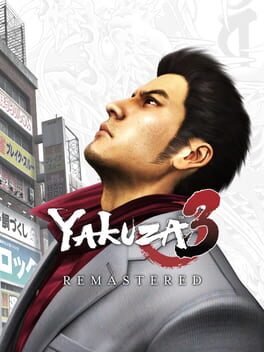This review contains spoilers
The microscale and the macroscale narratives never integrate into one another with the need to balance and finish both in 12 chapters attempted to be solved by quick, clean solutions that are superficial and absolve much of any potential tension. The orphanage isn't at risk of closing from a lack of money; it's all a misunderstanding. Militarization and the accompanying globalization of Okinawa doesn't put forward tension over a changing home; it's all a ruse. There is no political instability in facilitating such a ruse; it's only an isolated faction that wants to inhibit it. Mine, by the end, is the only hint towards a narrative without a perfect solution towards his inner conflicts between wanting to find comfort in the yakuza's bonds and the seeming inevitability of betrayal, but you wouldn't be remiss to find him as simply another pawn for the majority of the story. Neither Kamurocho's isolation or Okinawa's bonds are granted the depth required to contextualize Mine and Morning Glory's orphans. So many interlinking pieces are set up to a degree where they seem ready to form a story that further expands on Kiryu grasping how his struggles remain felt among those of his and the new generation, but the ending only further displays how the puzzle has been left incomplete.
